Major Russian exporters are cutting back shipments of metals and oil products by rail, signaling weakening demand and a slowdown in the country’s war-driven economy.
A document seen by Reuters reveals that firms such as Rusal and Gazpromneft intend to reduce the volumes they plan to move by rail in 2025, prompting Russian Railways to slash spending by an additional 32.5 billion rubles ($408 million). That brings the state rail monopoly’s planned investment for 2025 to 858.4 billion rubles—down about 3.5% from earlier projections.
Russian Railways had already planned to reduce investment this year by 40% compared to 2024, citing rising interest payment costs.
Cargo volumes — which fell to a 15-year low in 2024 — serve as a key indicator of the overall health of Russia’s export-driven manufacturing sector, according to Reuters as the outlet reviewed the internal presentation to the railway’s board by First Deputy CEO Vadim Mikhaylov, who explained the revised spending plan and highlighted five external reasons for the cuts.
The revised cargo forecast shows Russian Railways expects to transport 36.7 million metric tons less than the previously projected 1.24 billion tons in 2025. Although full-year volume is still projected to exceed 2024’s total of 1.18 billion tons, cargo transport fell 6.8% year-on-year between January and April.
Among the companies scaling back shipments are aluminium producer Rusal and steel manufacturers Severstal, MMK, TMK, NLMK, and Evraz. "High rates have also led steel producers to reduce loading volumes," the document reportedly said.
Tight monetary policy has compounded the sector’s challenges. The Bank of Russia has kept its key interest rate at 21% since October, dampening construction activity and hitting demand for steel. "Steel production, exports and local demand dropped in 2024," the World Steel Association reported, and that decline has continued into 2025, according to Chermet Corporation.
The railway operator also cited reduced demand in other sectors, including from Rusal. The company confirmed it is sticking to plans made in November, which included cutting annual aluminium output by 250,000 tons due to high alumina costs.
Sanctions against metals, forestry, and oil companies like Gazpromneft, Surgutneftegaz, and Tatneft are also weighing on rail cargo. Exports of wood, fertilizer, and metals to China have dropped, with overall trade turnover between the two countries down 7.5% this year. The document adds that "the interference of third parties mainly in relation to oil refineries"—a veiled reference to Ukrainian drone attacks—has further disrupted shipments.
Trump didn’t impose tariffs on Russia but they might be wrecking its economy regardless
U.S. President Donald Trump has inadvertently hit Russia’s economy after his “Liberation Day” tariffs caused oil prices to drop drastically on April 7, with potentially massive ramifications for the Kremlin’s ability to fund its ongoing war in Ukraine. Russia has so far failed to agree to a full

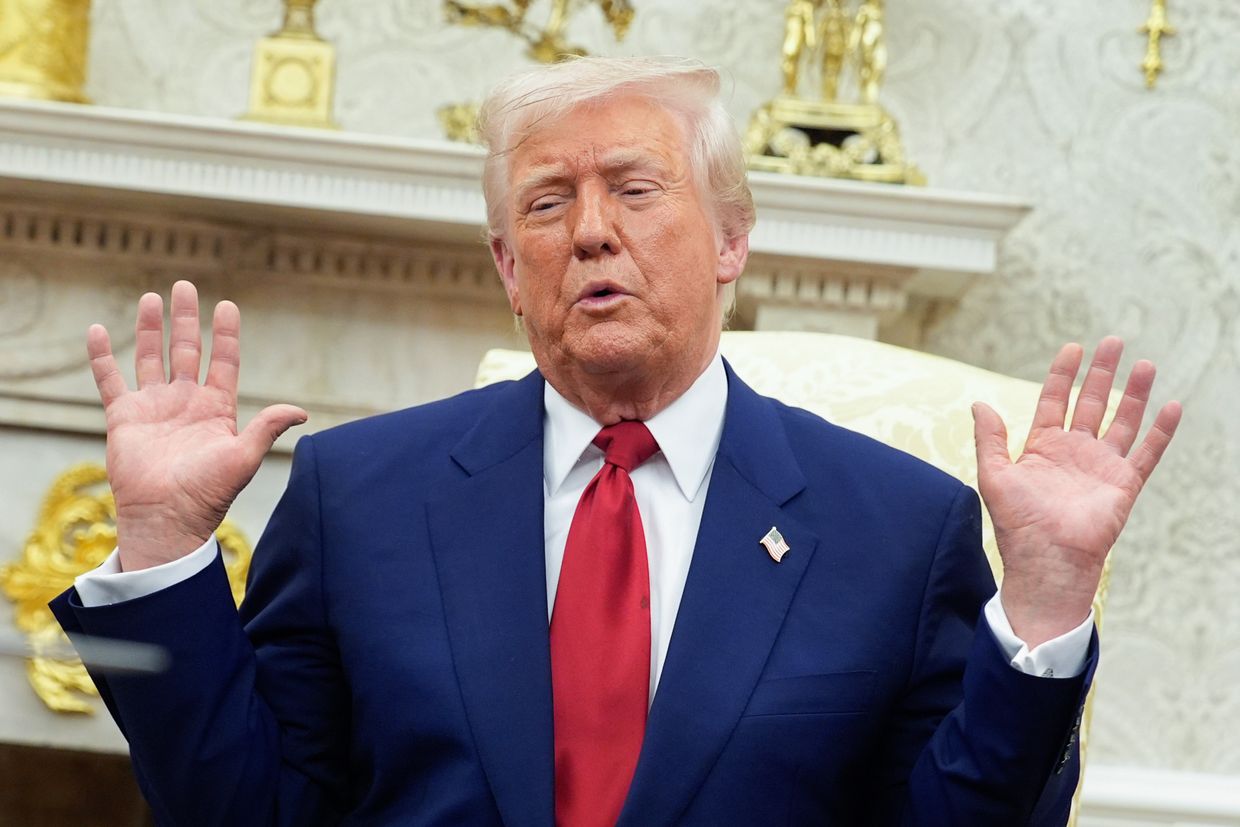
.png)
 German (DE)
German (DE)  English (US)
English (US)  Spanish (ES)
Spanish (ES)  French (FR)
French (FR)  Hindi (IN)
Hindi (IN)  Italian (IT)
Italian (IT)  Russian (RU)
Russian (RU)  10 hours ago
2
10 hours ago
2


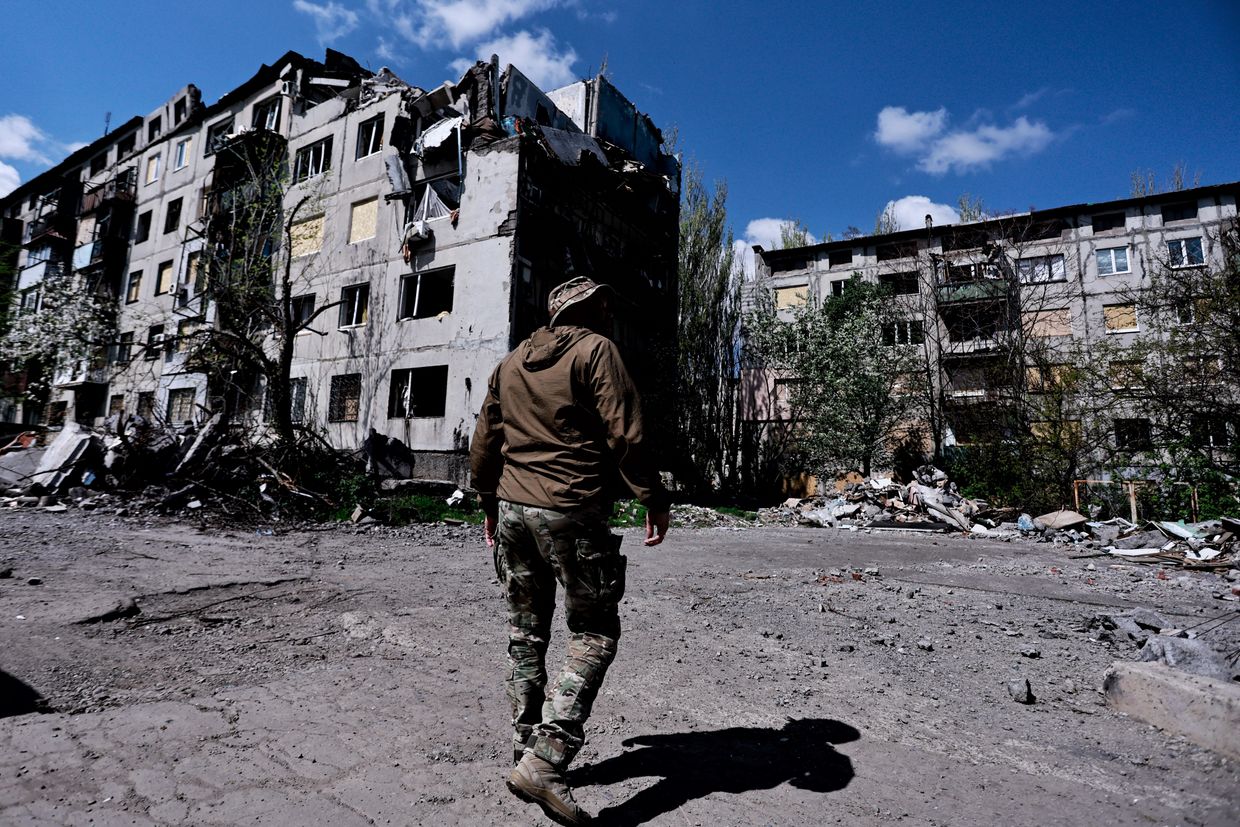
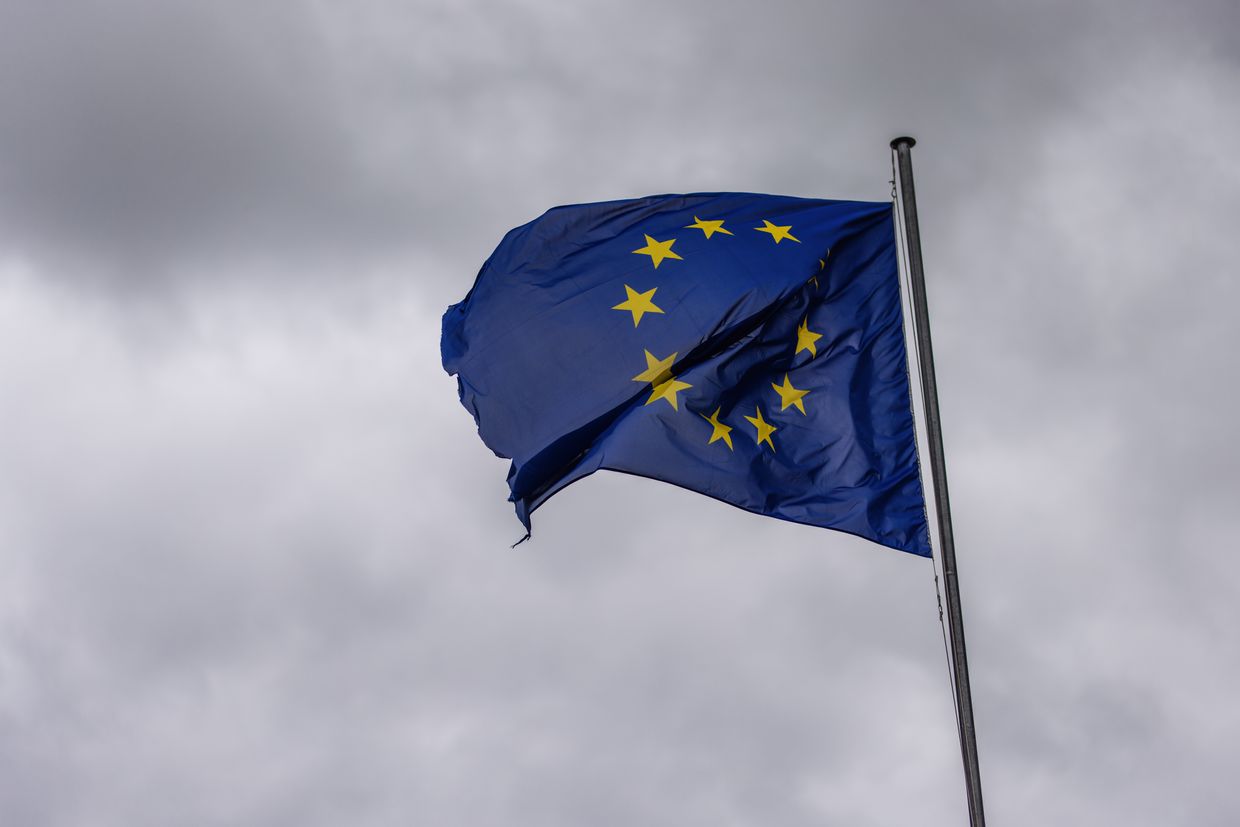
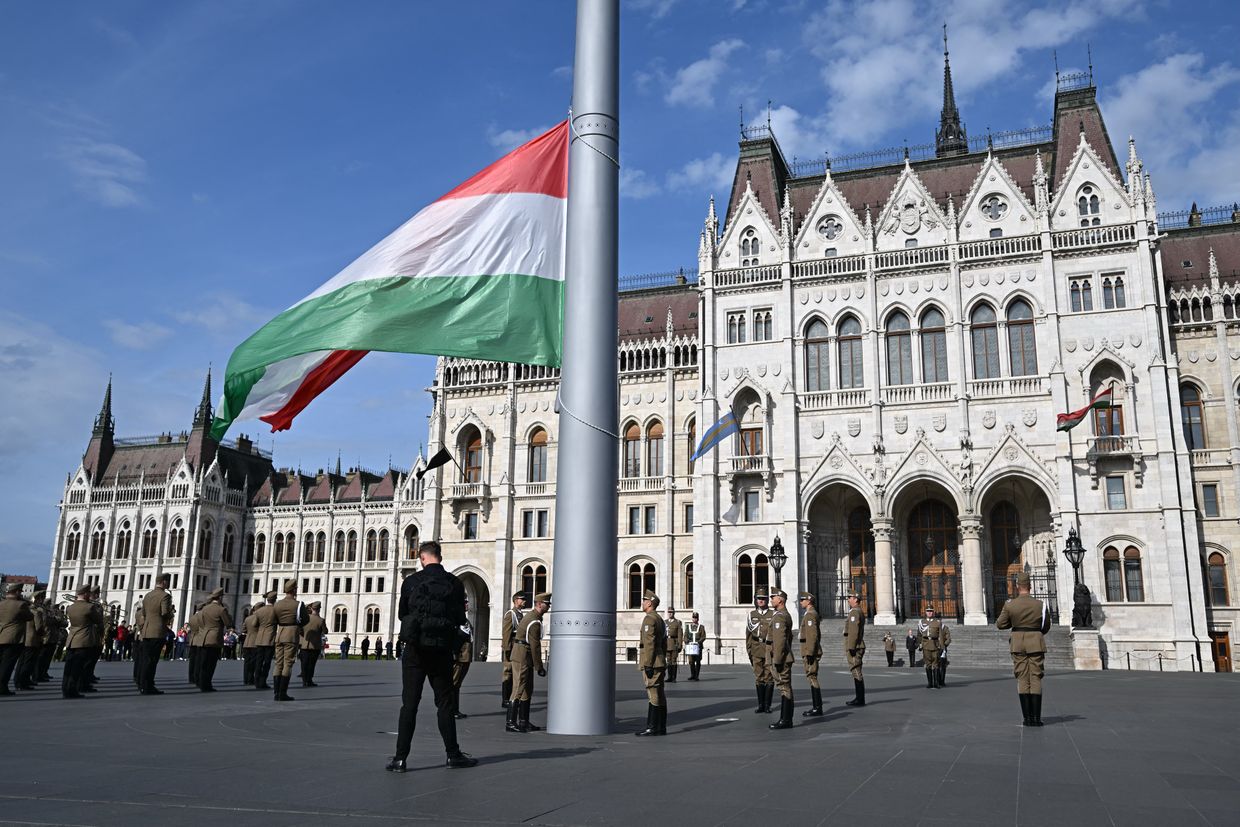
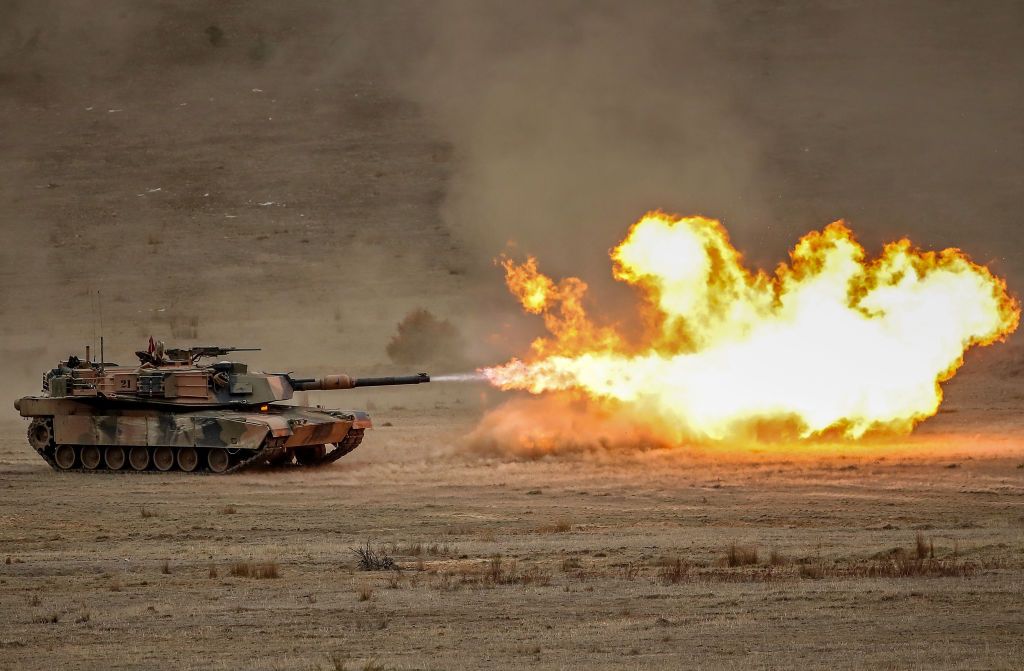

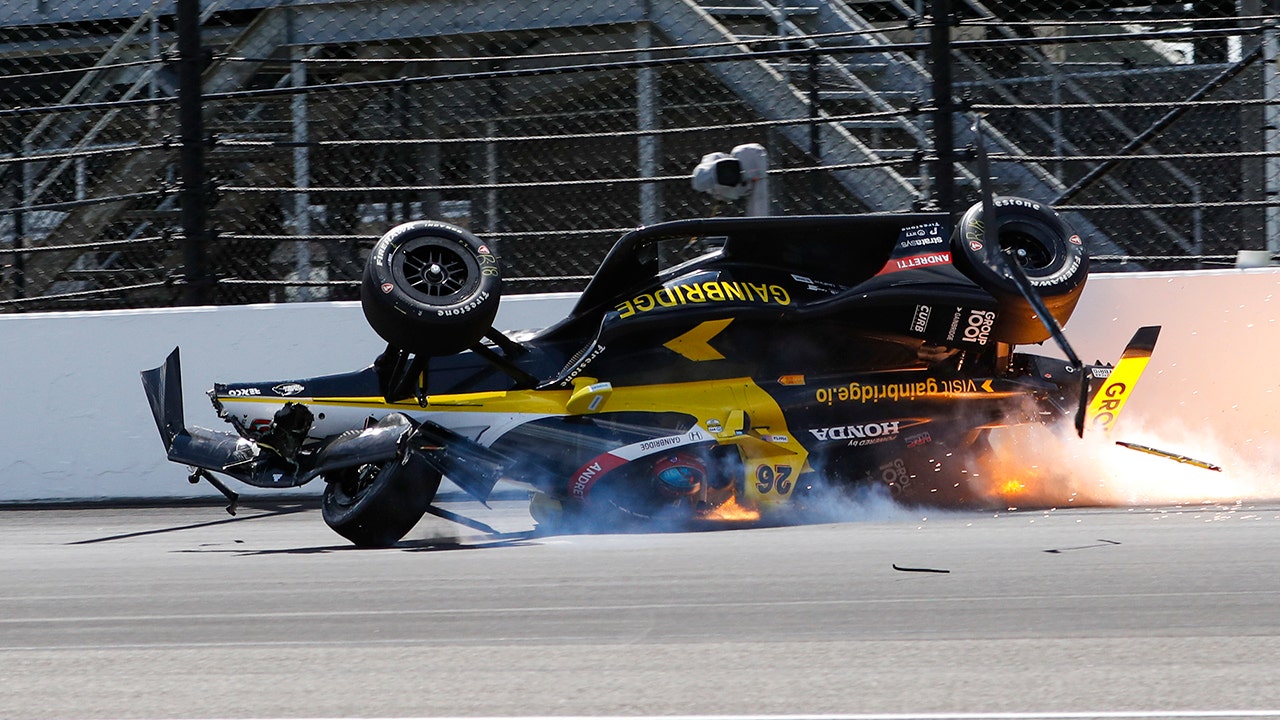
Comments